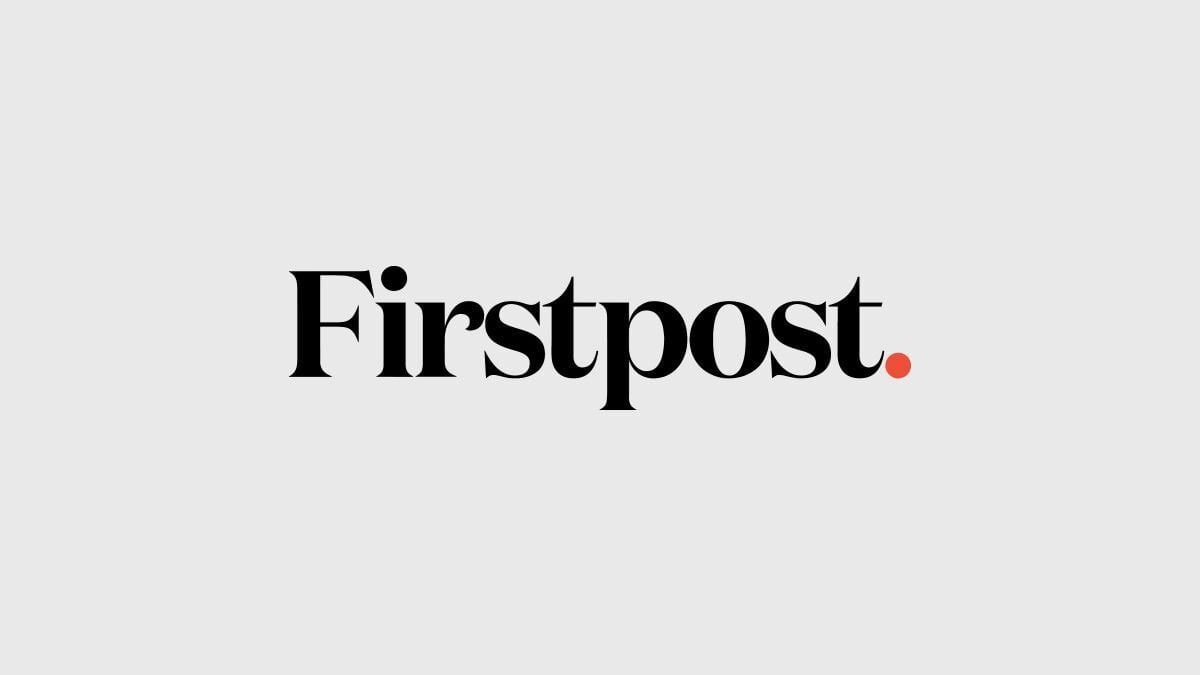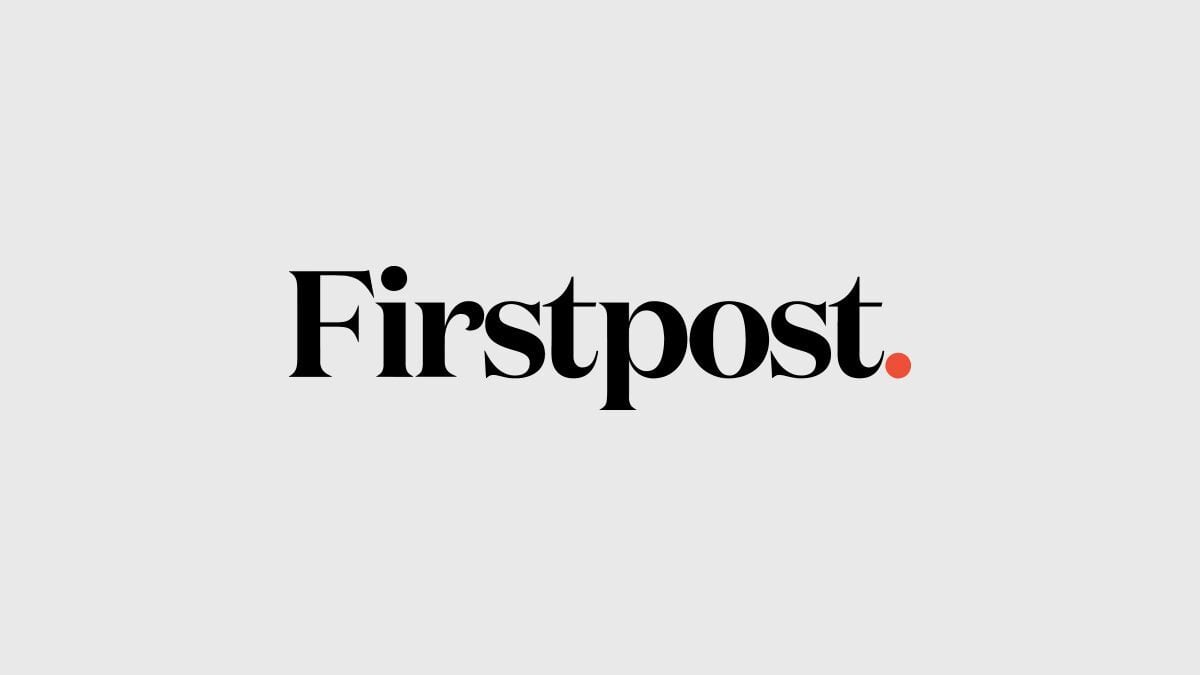Donald Trump has sure come a long way since being elected US president in November 2016. And nowhere is this more evident than the transformation he has made in his approach towards Pakistan.
The phone call
On 30 November, three weeks after being elected, Trump spoke on a phone call with Nawaz Sharif, where he called the then Pakistan prime minister a "terrific guy" who is doing "amazing work". "I am ready and willing to play any role that you want me to play to address and find solutions to the outstanding problems," he is said to have told Sharif, an unequivocal vote of confidence if ever there was any.
"Please convey to the Pakistani people that they are amazing and all Pakistanis I have known are exceptional people," Trump further added, as per a readout released by the Pakistan government.
This was particularly strange because Trump had tweeted back in 2012 that "Pakistan is not our friend", and wondered if they should give them "billions and billions" of dollars.
“Get it straight: Pakistan is not our friend. We’ve given them billions and billions of dollars, and what (cont) http://t.co/O5S4cQV3
— Donald J. Trump (@realDonaldTrump) January 17, 2012
Clearly, becoming president had changed Trump's mind. Or maybe the four years that had passed had done so.
Happy beginnings
In January 2017, when Trump was sworn in as the 45th president of the United States, a lot of the bonhomie generated by the phone call carried over. Pakistani leaders reacted enthusiastically to Trump, with the finance ministry looking forward to bilateral trade and investment.
Finance Minister Ishaq Dar said the Pakistan government looked forward to working with the new US administration. He spoke to US ambassador David Hale and the two sides discussed matters of bilateral interests, particularly trade and economic relations. Dar also stated that there was "considerable untapped potential" to increase bilateral trade and investment between Pakistan and the US.
Sartaj Aziz, adviser to the Pakistani prime minister on foreign affairs, also welcomed Trump to the new job. "The people and leadership of Pakistan welcome the successful transition in the US and felicitate Donald Trump on assuming office," a statement from Aziz had said.
Modi visits Washington
The wind began to change about six months later, around the time Indian prime minister Narendra Modi visited Washington in June, for the first time since Trump took charge. Issuing a joint statement at the end of Modi's trip, India and US said: "The leaders called on Pakistan to ensure that its territory is not used to launch terrorist attacks on other countries. They further called on Pakistan to expeditiously bring to justice the perpetrators of the 26/11 Mumbai, Pathankot, and other cross-border terrorist attacks perpetrated by Pakistan-based groups."
And just hours after this joint statement was released, the US directed another blow at Pakistan, this time declaring Hizbul Mujahideen chief Syed Salahuddin as a "global terrorist".
"Under Salahuddin's tenure as senior Hizbul Mujahideen leader, it has claimed responsibility for several attacks, including the April 2014 explosives attack in Indian-administered Jammu and Kashmir, which injured 17 people," the US state department said.
US citizens are now prohibited from engaging in any transaction with Salahuddin, and all of the 71-year-old’s property and assets subject to the US jurisdiction will be blocked.
It was clear that the grounds had shifted, and Trump wasn't viewing Pakistan with the same rose-tinted glasses as he once did.
New South Asia policy
But things really took a hit in August, when Trump unveiled his new South Asia strategy. "For its part, Pakistan often gives safe haven to agents of chaos, violence, and terror. The threat is worse because Pakistan and India are two nuclear-armed States whose tense relations threaten to spiral into conflict. And that could happen," Trump had said.
"We can no longer be silent about Pakistan's safe havens for terrorist organisations, the Taliban, and other groups that pose a threat to the region and beyond. Pakistan has much to gain from partnering with our effort in Afghanistan. It has much to lose by continuing to harbor criminals and terrorists," he had said. "Pakistan has much to gain from partnering with our effort in Afghanistan. It has much to lose by continuing to harbour terrorists."
These comments were, as was expected, met with a stern reaction from Pakistan. Pakistan on Tuesday suspended bilateral talks and visits with the United States. According to The Nation, Pakistan foreign minister Khawaja Asif informed a Senate committee that the government had to take such a decision as a protest against Trump's comments against Pakistan.
According to the report, Khawaja told the committee that Trump was not willing to accept Pakistan's stance that India is harbouring terror havens in Afghanistan to destabilise the country. A top US official's visit to Islamabad was also postponed at the request of the Pakistan government amid anti-American protests in Karachi.
Friends again?
A month later, however, Trump swung back the other way, saying he's "starting to develop a much better understanding with Pakistan and its leaders". Taking to Twitter, Trump had posted, "Starting to develop a much better relationship with Pakistan and its leaders. I want to thank them for their cooperation on many fronts."
"I have openly said Pakistan took tremendous advantage of our country for many years, but we're starting to have a real relationship with Pakistan, and they're to respect us as a nation again, and so are other nations," Trump said. "They are starting to respect the US again," he said, thanking the leaders of Pakistan for "what they've been doing". "In this administration, we will call evil by its name," he said.
Foes again?
But the turn of the year seems to have changed Trump's mind all over again. On New Year's Day, Trump took to Twitter again to lash out at Pakistan, this time in an unusually stern manner.
"The United States has foolishly given Pakistan more than $33 billion in aid over the last 15 years, and they have given us nothing but lies and deceit, thinking of our leaders as fools. They give safe haven to the terrorists we hunt in Afghanistan, with little help. No more," he wrote, as part of his new year message.
And it wasn't just the statement this time. Washington also followed this up with action. The US suspended its $225 million military aid to Pakistan. "The US does not plan to spend the $255 million in FY 2016 in Foreign Military Financing for Pakistan at this time," a senior administration official told PTI on conditions of anonymity.
"The president has made clear the US expects Pakistan to take decisive action against terrorists and militants on its soil, and that Pakistan's actions in support of the South Asia Strategy will ultimately determine the trajectory of our relationship, including future security assistance," he said.
The US administration continues to review Pakistan's level of cooperation, the official said.
With inputs from agencies
Published Date: Jan 02, 2018 01:49 pm | Updated Date: Jan 02, 2018 01:49 pm



















